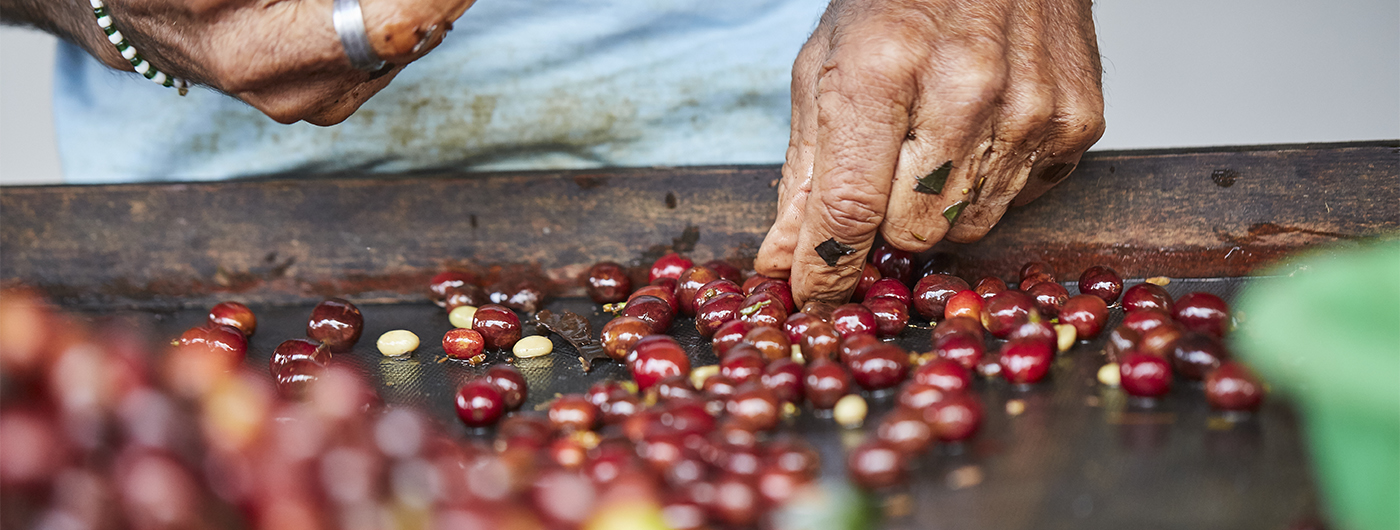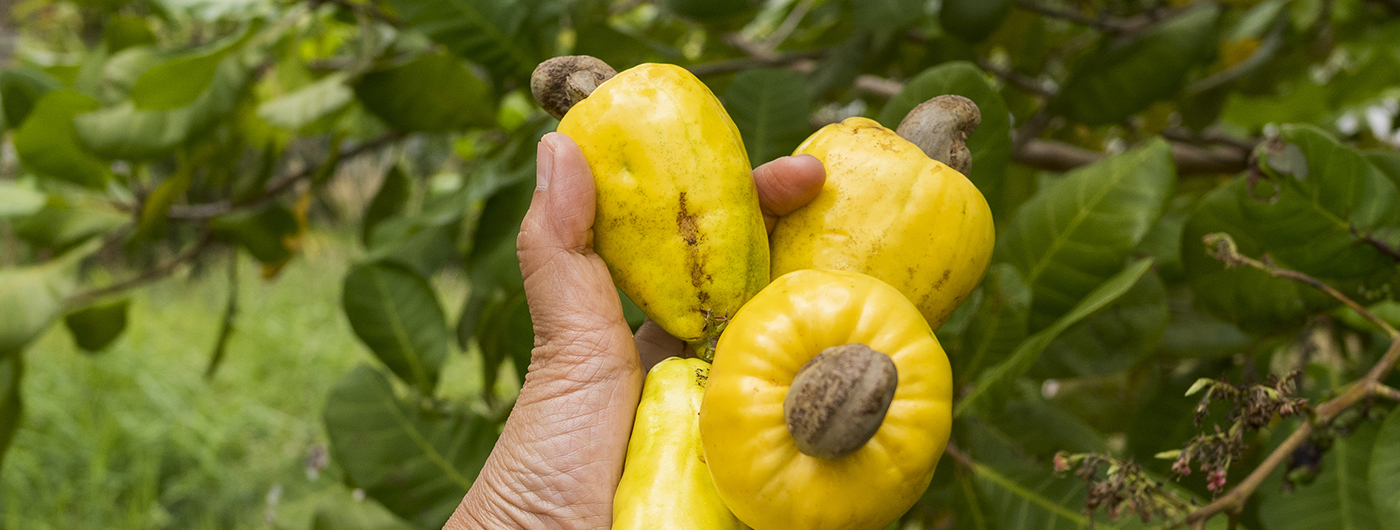

A Profound Exploration of Coffee Farmers’ Role in Sustainable Agriculture
In the realm of coffee production, the often overlooked heroes are the coffee farmers who toil tirelessly, day in and day out, to bring the aromatic brew to our cups. This article takes a profound dive into the indispensable role of these unsung heroes within the coffee industry, shedding light on their critical significance in sustainable agricultural practices. By examining the challenges they face, their intimate connection with the land, their wealth of knowledge, and the need to empower them, we uncover the profound impact of the human touch on the world’s beloved coffee.
1. Coffee Farmers: Stewards of the Earth
– Coffee farmers, predominantly small-scale growers, act as the stewards of the land where coffee thrives.
– Their deep understanding of local ecosystems and sustainable farming techniques ensures the preservation of biodiversity, soil health, and water resources.
– The symbiotic relationship between coffee farmers and the environment is key to producing exceptional coffee with unique flavors.
2. Socioeconomic Challenges and Resilience of Coffee Farmers
– Coffee farmers face a myriad of challenges, including price volatility, climate change impacts, and limited access to resources.
– Examining the socioeconomic hardships they encounter and their remarkable resilience in the face of adversity.
– Advocating for fair trade practices, access to credit, and market diversification to improve their livelihoods and promote sustainable farming.
3. Indigenous Wisdom and Generational Knowledge
– Coffee farming is often deeply ingrained in the traditions of indigenous communities, carrying invaluable generational knowledge.
– Recognizing the importance of preserving and honoring this wisdom to foster sustainable agricultural practices.
– Promoting cultural exchange, collaboration, and capacity-building initiatives to empower coffee farmers and protect their cultural heritage.
4. Empowering Women in Coffee Farming
– Acknowledging the significant contributions of women in the coffee industry and the unique challenges they face.
– Addressing gender inequality by providing access to resources, education, and leadership opportunities.
– Empowering women farmers to become agents of change, fostering inclusive and sustainable coffee communities.
5. Innovations and Best Practices for Coffee Farmers
– Exploring innovative technologies and practices that enhance productivity, sustainability, and resilience in coffee farming.
– Showcasing examples such as agroforestry, precision agriculture, and sustainable water management.
– Encouraging the adoption of appropriate and context-specific solutions to maximize the potential of coffee farmers.
Conclusion:
In the dynamic world of coffee production, the human touch is an indispensable component for achieving sustainable agriculture and exceptional coffee quality. By recognizing the challenges, harnessing the wisdom, and empowering coffee farmers, we can create a future where their tireless efforts are rewarded and the rich tapestry of coffee culture is preserved. Let us embrace the human factor, elevate the role of coffee farmers, and work together to build a thriving and sustainable coffee industry for generations to come.
KAI Farm Team ®


